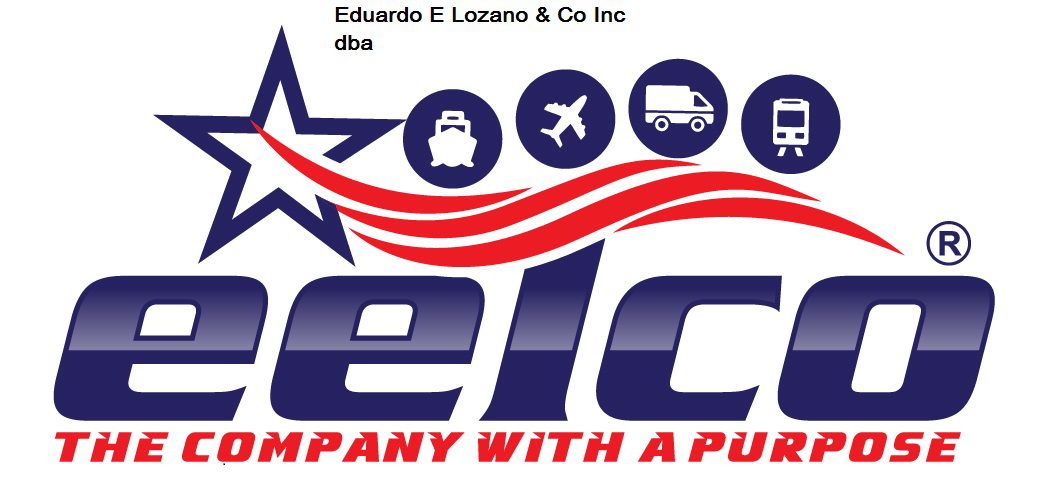9 Tips for New Importers

Buying from abroad (importing) can be very complicated if you do not know how, even more if it is the first time you do business internationally. Therefore, specialized advice is required, as previously mentioned, and to reduce your worries, we would like to make you the following recommendations before you make your first import transaction:
1. Look for a good Advisor
International negotiations become especially complex not only because of the cultural barrier, but because the legal criteria could be different. It is necessary to look for a specialist, like a Customs Broker, to check that the contracts comply with the legal terms.
2. Do market research
Identify if your product has a demand developed locally or not, and also how imported products have been received on previous occasions. In some regions, for example, imported products resemble low quality products.
3. Make sure you know who you negotiate with
Sometimes American businessmen negotiate contracts to import merchandise believing that they deal with a manufacturer, when in fact they do so with an intermediary that supplies the merchandise made by different companies.
4. Analyze provider history
Know your counterpart. Analyze commercial reputation, find out about their payment history, and if you can visit the factory, the better.
5. Consider time
It is vital to calculate a change in your business cycle. In the case of imports, for example, times change due to the transfer of the merchandise.
6. Representative in origin
If you import, always send a quality inspector to ensure that the container does not set sail if the quality specifications are not 100% met. Don’t try to save in this matter, it’s worth investing, experts suggest.
7. Find opportunities in semi-finished articles
If you are interested in importing, a semi-finished article may be cheaper. You can finish the last details in your country.
8. Negotiate quality terms first
When you bring merchandise, you establish quality conditions first and then negotiate price. If you do it the other way around, you could get an item at a low price, but with bad quality.
9. Determine If You Need a License
You should ask your supplier at the beginning of your negotiations whether you need an import permit from the country where you intend to import and sell your product, and how the company can help you obtain one.
You may also need a license from local or state authorities to do business. Customs & Border Protection (CBP) people may ask you for your importer number, which can either be your IRS FEIN or if you don’t have a business, your social security number. As an alternative, you may request Customs Form 5106 to be assigned a number. Forms can be found on the CBP site.


